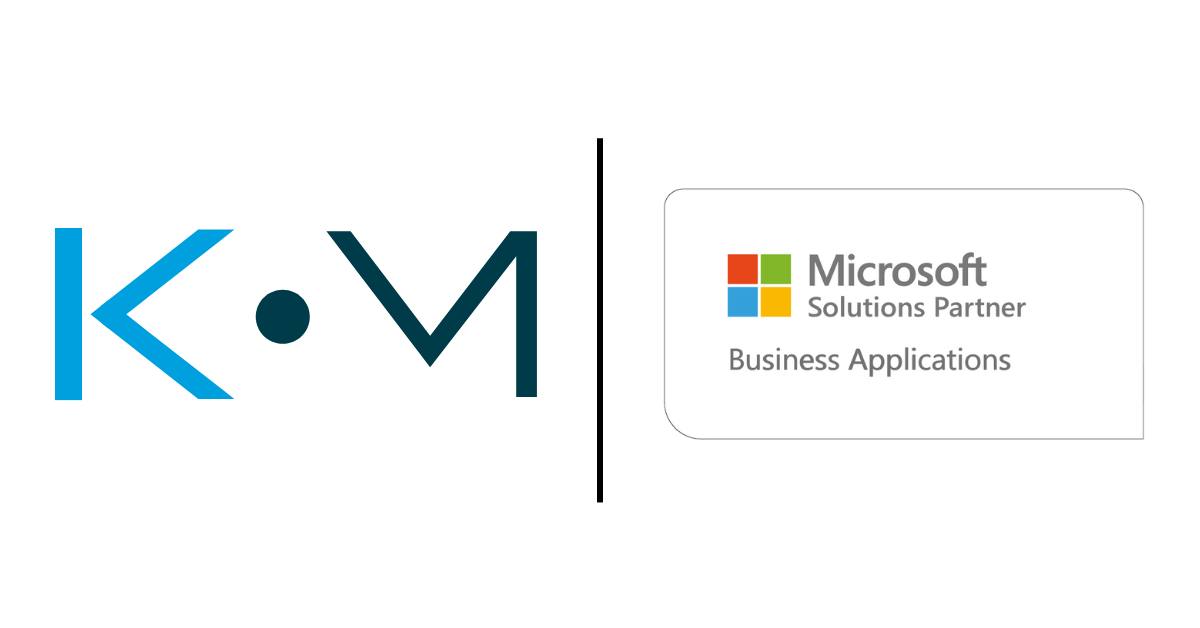In today’s digital world, cybersecurity is more than just a defense strategy—it’s a critical component of member trust for credit unions. One important way credit unions can stay proactive is by responding promptly to NCUA Risk Alerts issued by the National Credit Union Administration. Addressing these alerts is not only essential for compliance but also a powerful way to show your members that their safety is your priority.
What Are NCUA Risk Alerts?
NCUA Risk Alerts are notifications designed to help credit unions identify and address new risks in the financial environment. These alerts could cover anything from cybersecurity vulnerabilities and data protection issues to financial fraud prevention practices. Staying aware of these alerts, along with investing in Cybersecurity Essentials and tools like Microsoft 365, allows credit unions to mitigate threats before they escalate.
Why Responding to NCUA Alerts Matters for Member Trust
Member trust is the foundation of any credit union. When members see that their credit union is diligent about protecting their information, they feel more confident and engaged. Addressing NCUA Risk Alerts promptly shows members that their security is a top priority. Complementing these efforts with solutions like Microsoft Viva can further enhance operational transparency, build a positive reputation, and strengthen trust.
Practical Steps to Address NCUA Risk Alerts
Assess and Prioritize Alerts
Each alert should be evaluated for relevance and severity. Begin by assessing how each alert might impact your organization and prioritize them based on the level of risk involved. Using advanced tools like KMicro’s Managed XDR for Defender can help streamline this evaluation process.
Implement Recommended Actions
NCUA alerts often come with recommended actions. Following these steps—whether it’s updating software, enhancing security protocols, or implementing additional training—helps ensure your credit union remains compliant and protected. Pairing these efforts with Managed Services simplifies execution and maximizes efficiency.
Regular Staff Training
Staff are on the front lines of your cybersecurity efforts. Conduct regular training sessions to keep them informed about current risks and best practices for addressing them. Educating your team on how to handle security alerts builds an informed and responsive workforce.
Communicate with Members (When Appropriate)
Transparency is a vital component of member trust. While it may not always be necessary to inform members about every alert, in certain cases, sharing your proactive efforts can reinforce trust and show that their safety is your priority.
How KMicro’s Managed XDR for Defender (MXDR) Can Support Your Efforts
Staying ahead of risks is easier with the right tools. KMicro’s Managed XDR for Defender offers comprehensive visibility, advanced threat detection, and automation to help you address NCUA alerts swiftly and effectively. By integrating this solution, your credit union can reduce the operational burden of monitoring risks and focus on what matters most: maintaining member trust.
Conclusion
NCUA Risk Alerts provide essential guidance to help credit unions protect member data and maintain trust. By staying proactive, training your team, and leveraging effective tools like MXDR, you can build a secure environment that reassures members and strengthens relationships. Start taking steps today to protect your organization and the trust you’ve worked hard to earn.
If you would like to learn more about how KMicro can help in responding to NCUA Alerts Register for our webinar now!



